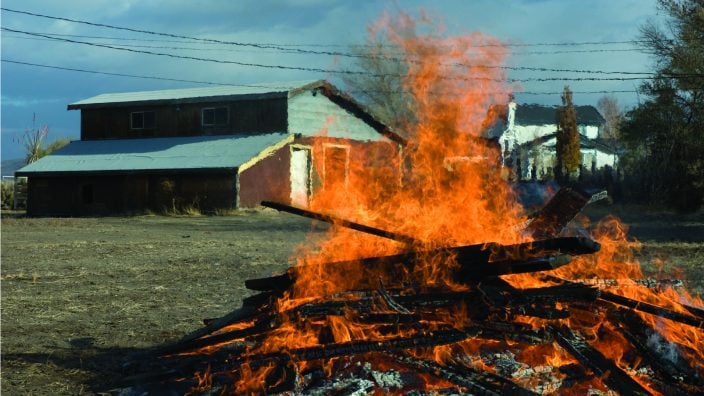2025 priorities discussed at Farm Bureau’s Ag Day at the Capital
A large contingency of Ohio Farm Bureau members made their way to the Statehouse Feb. 19 to meet one-on-one with their state senators and representatives.
Read MoreJanuary and February are two months when farmers and rural residents may need to dispose of tree trimmings, brush, weeds or other agricultural waste through open burning. The Ohio EPA allows for burning of these types of wastes on farms, fields and open land at least one mile outside city limits. Other limitations like weather and air quality alerts must also be considered before planning an open burn.
However, this does not mean that anything can be burned, according to Ohio Farm Bureau Policy Counsel Leah Curtis.
“You should never burn garbage, rubber, grease, asphalt, liquid petroleum products, buildings of any kind, dead animals, animal waste or pesticides, unless burning is specifically recommended on its label to dispose of the pesticide,” she said.
The Ohio Department of Natural Resources has a burn ban in place in rural areas from 6 a.m. to 6 p.m. in March, April, May, October and November, Curtis said.
“During the burn ban, you shouldn’t be burning unless you are in a plowed field more than 200 feet from woodlands or brush,” she said. “These are times of the year where it’s really windy and fire could spread easily, or it’s really dry and fire could spread easily.”
Regardless of what and when you burn, Curtis said it is a good idea to alert the local fire department so it is aware if something should happen during the open burn or if neighbors call concerned about fire or smoke that can be seen from their homes.
Check out the landowner toolkit for a full explanation of the regulations of open burning in Ohio.
More information about open burning laws and other topics of interest to landowners can be found in the members-only Landowner Tool Kit, available at county Farm Bureau offices or online.


A large contingency of Ohio Farm Bureau members made their way to the Statehouse Feb. 19 to meet one-on-one with their state senators and representatives.
Read More

Growing our Generation enewsletter features insights and ideas directly from Ohio’s young farmers and food and agricultural professionals. Sign up…
Read More

Jed Adams of The Ohio State University’s Collegiate Farm Bureau is the winner of Ohio Farm Bureau’s 2025 Collegiate Discussion Meet competition.
Read More

Kameron Rinehart of Fayette County is the winner of Ohio Farm Bureau’s Young Agricultural Professionals 2025 Discussion Meet competition.
Read More

In this recording, learn about the recent increases in Ohio CAUV values, gather information to help you understand the property tax system, and get an update on legislative action.
Read More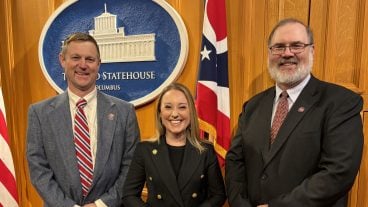
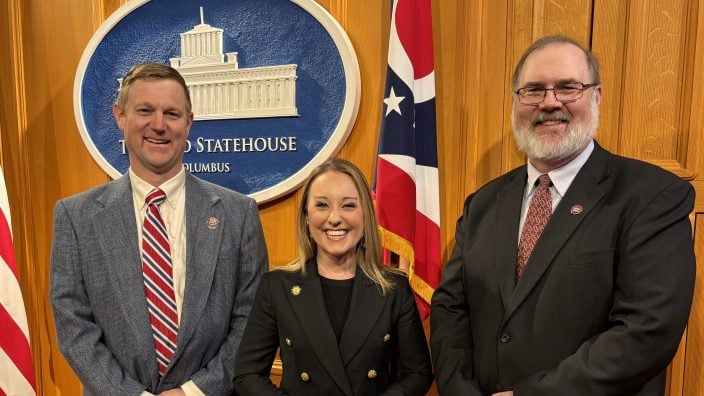
Innovative legislation to expand affordable health care access to rural Ohioans has been introduced in the Ohio Legislature and has…
Read More

Ohio Farm Bureau is pursuing an option that would provide a competitive and innovative alternative for members who do not easily fit into traditional health plan coverage.
Read More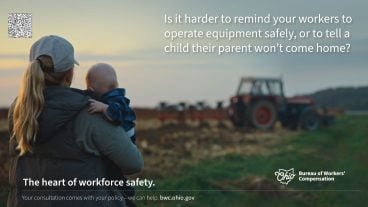
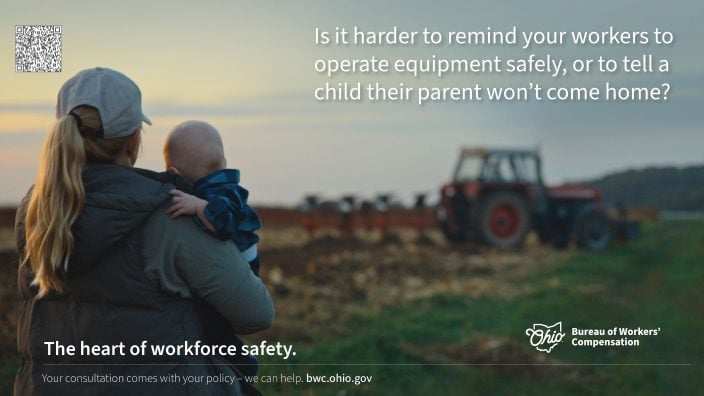
Ohio BWC safety consultants can help you identify potential hazards and develop a plan to eliminate them.
Read More

Grain Bin Safety Week is Feb. 16-22, 2025 – Nominate your local fire department through April 30.
Read More
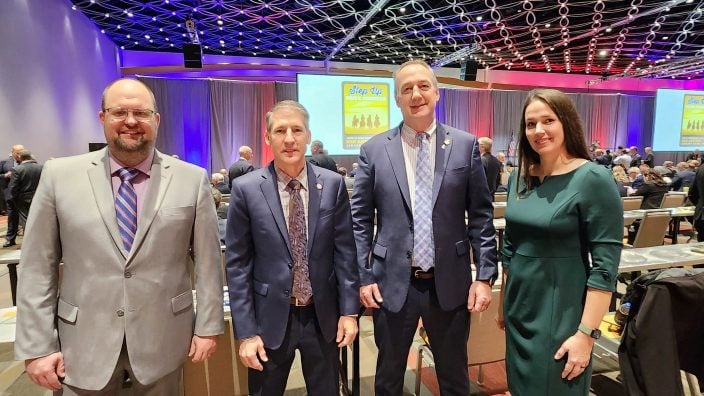
All 13 policies that came from Ohio were passed on the AFBF delegate floor.
Read More